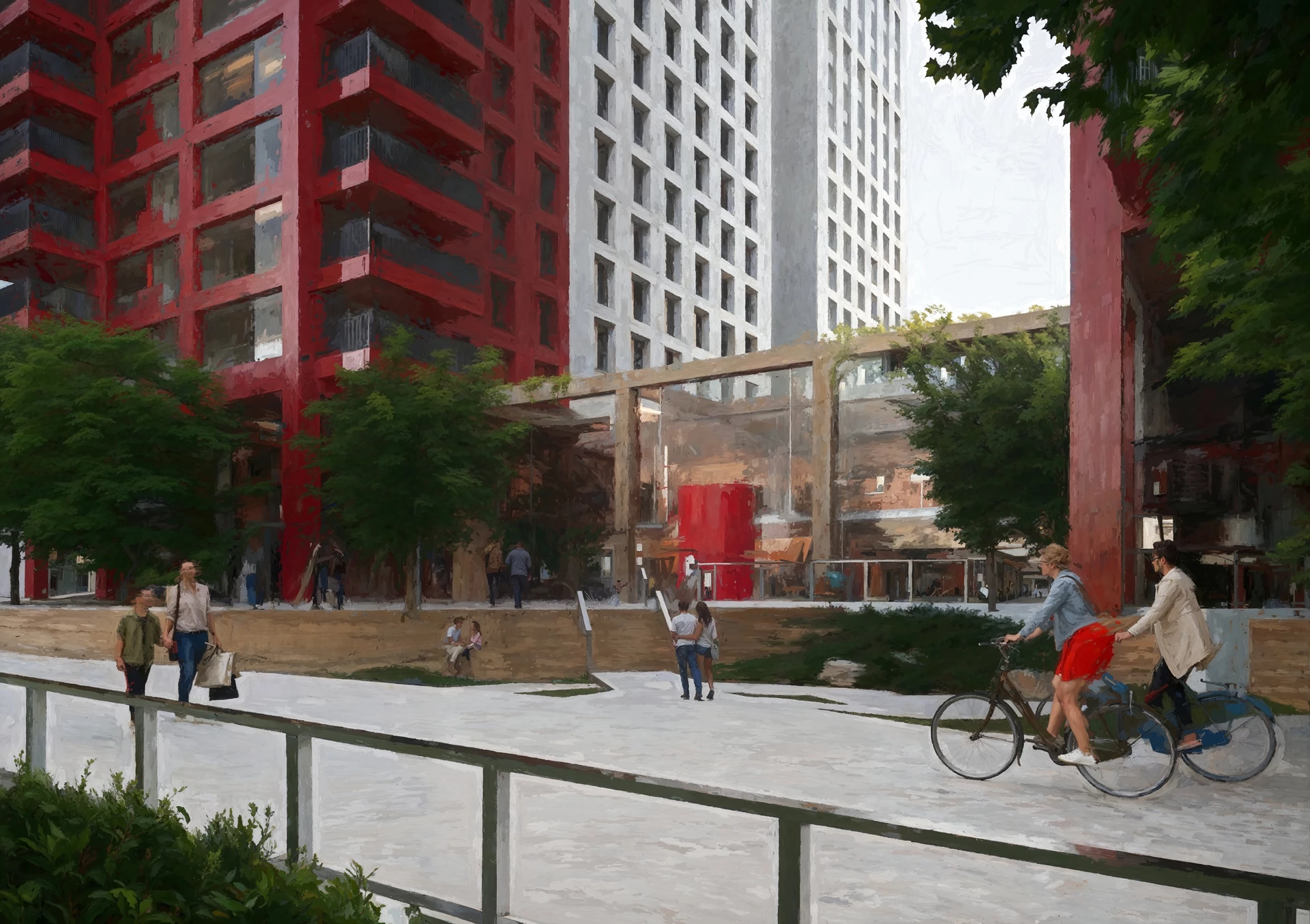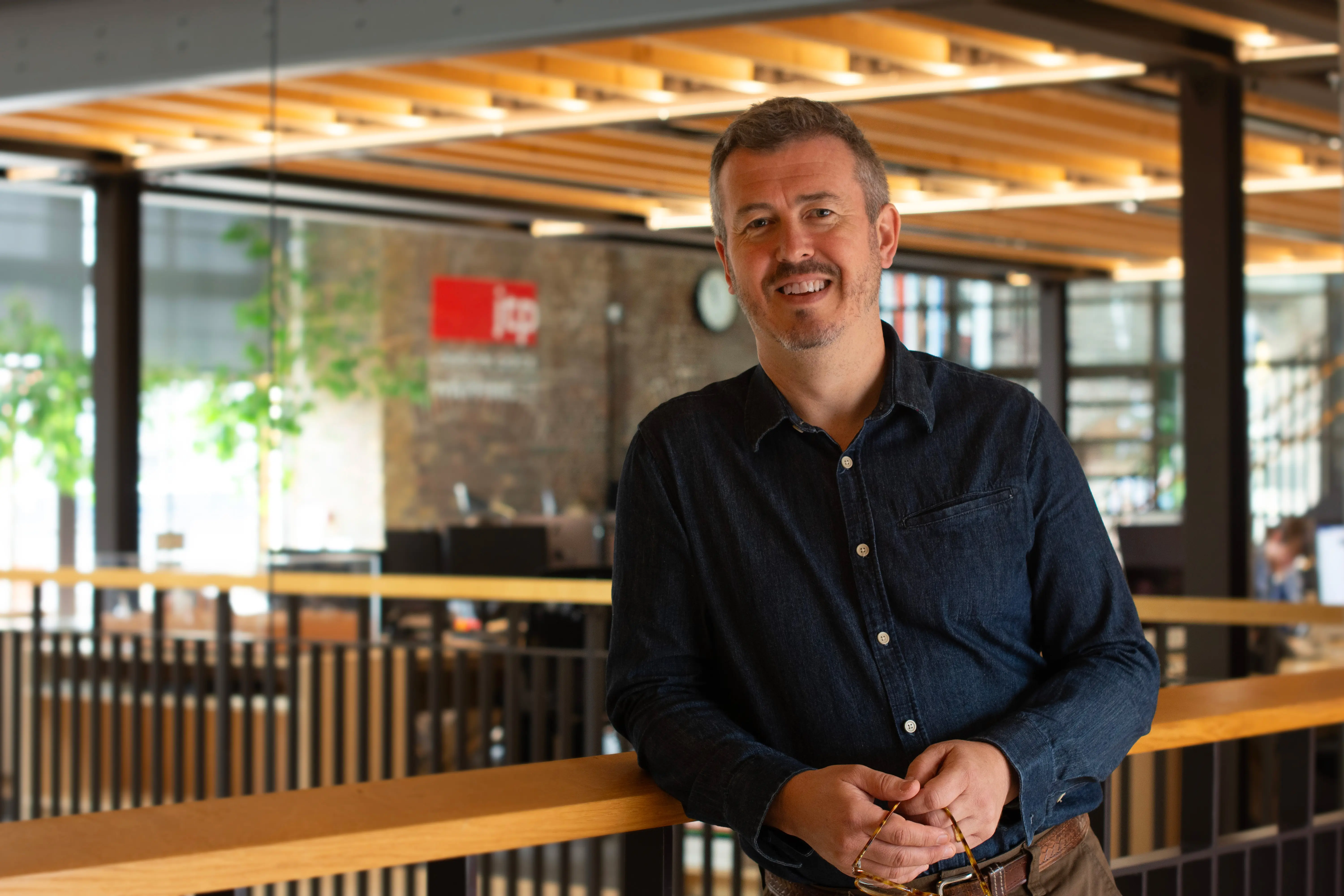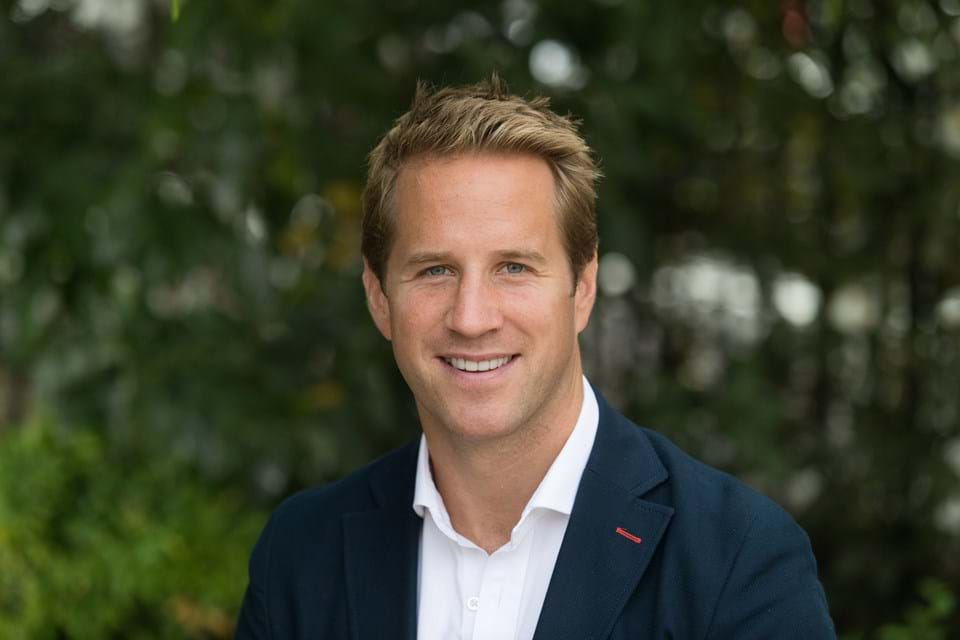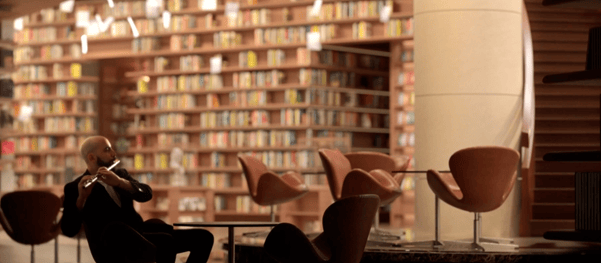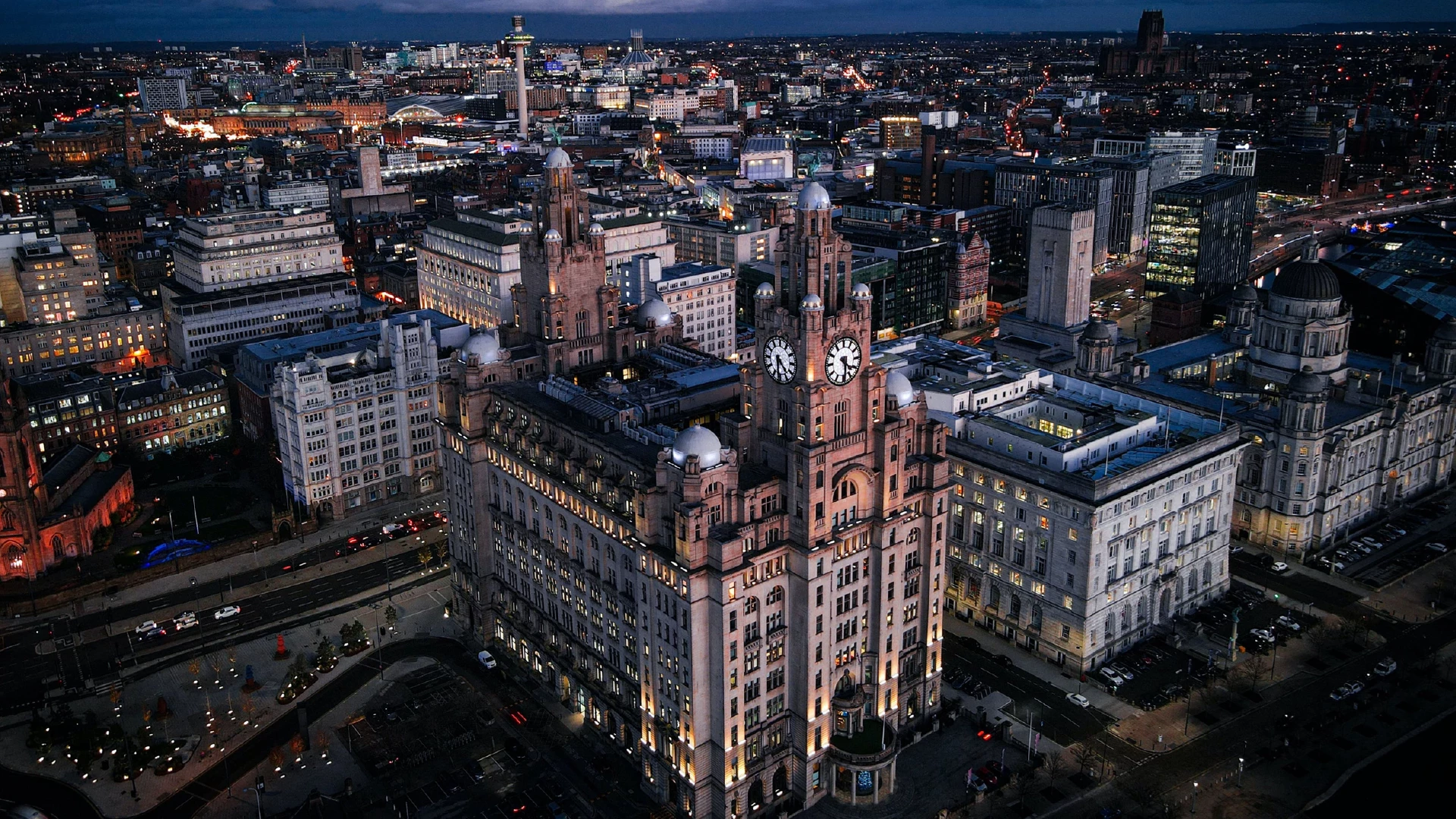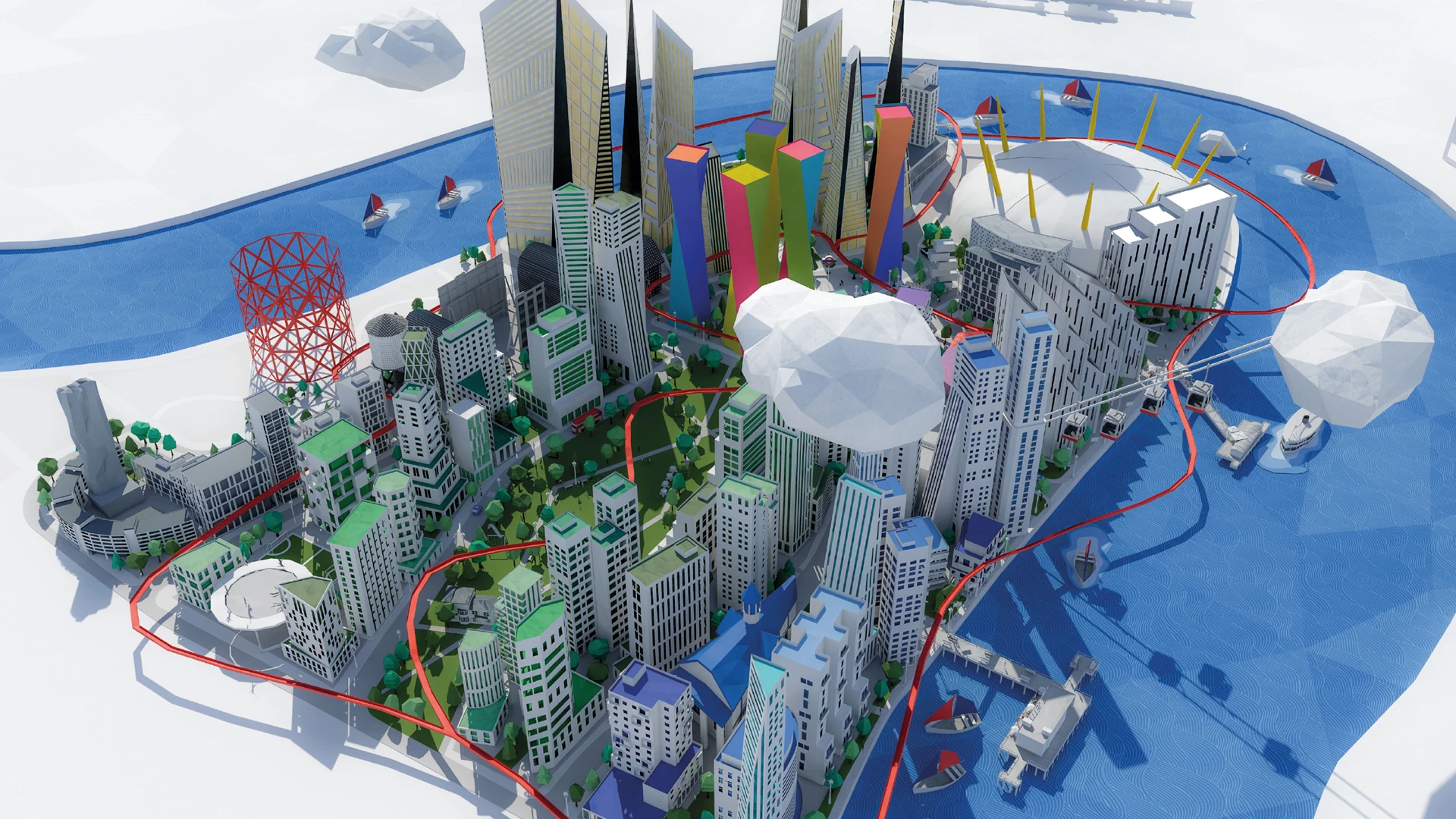Future Confident: Bill Webb
Bill Webb, co-founder of London-based architecture practice, Able Partners, shares his thoughts on the future of architecture and the role AI will have on building smarter, more sustainable cities.
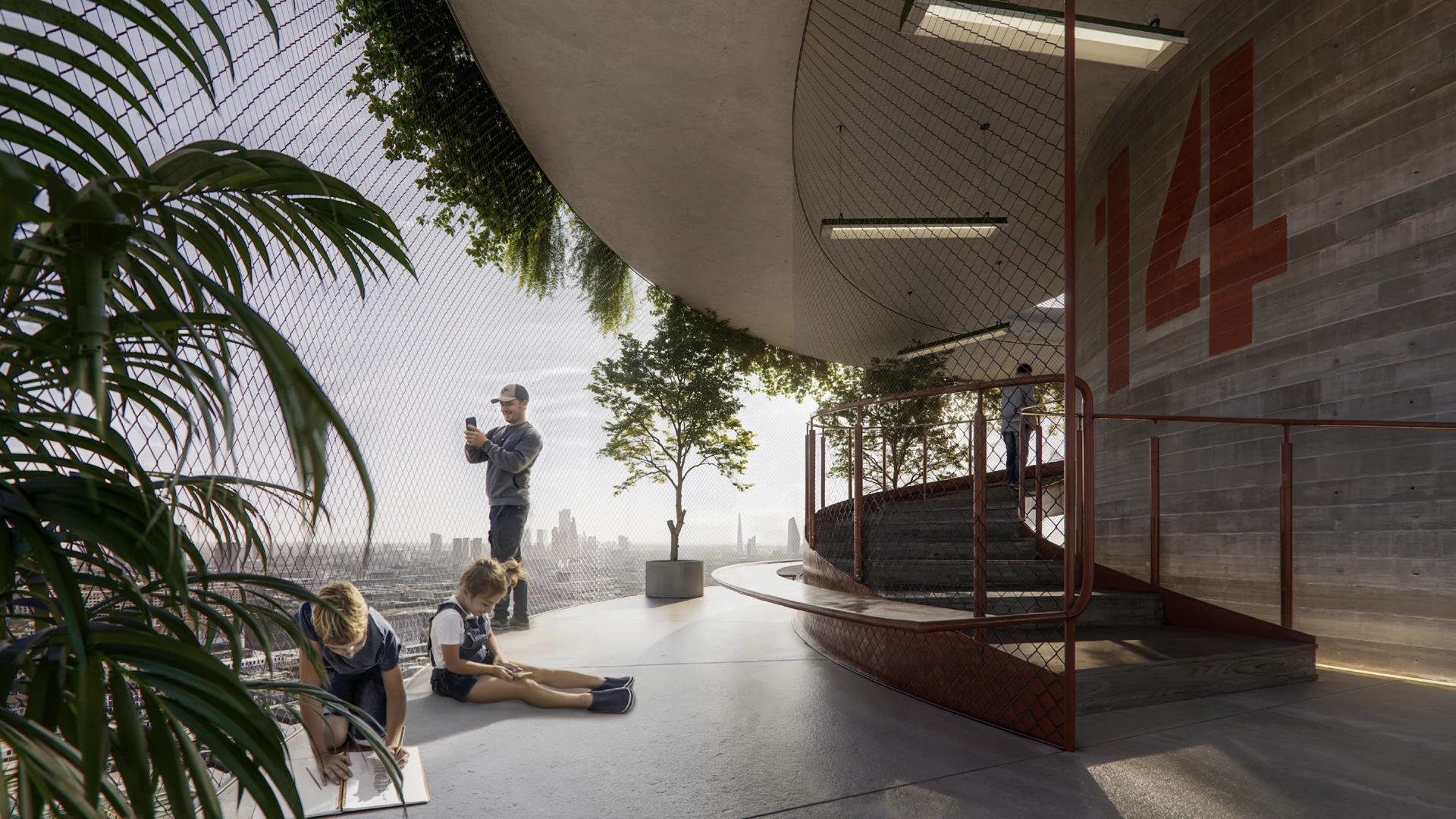
At Somewhere, we believe in the power of strategy, creativity and technology to equip businesses to face the future. Because while we can’t be certain of what’s ahead, we can be ready. We call this state of readiness ‘future confident’.
For our new Future Confident series, we’re talking to influential leaders within the industry to learn about their hopes for the future of their businesses and the potential challenges that stand in the way.
In this interview, we get to know Bill Webb, one of the co-founders of Able Partners – a world-renowned architecture practice that our studio has collaborated with on a number of projects, including 'Reimagining BT Tower' (see the image above and learn more here).
Below, Bill reflects on his career so far and discusses the impact of new and emerging technologies, AI's role in building smarter, more sustainable cities, and how his practice is actively helping its clients to build better futures.
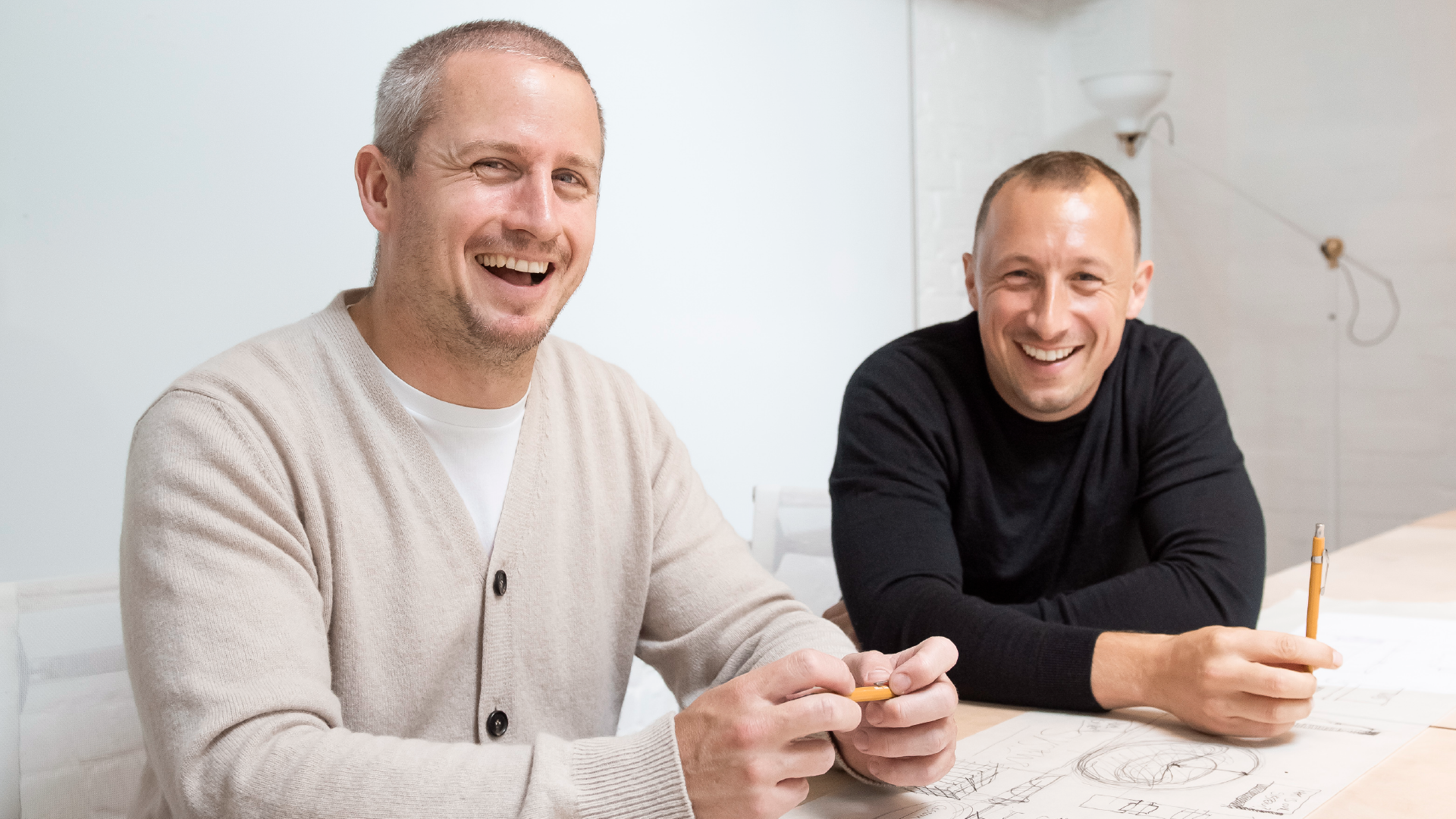
Can you tell us a bit about your current role and career so far?
Bill: I am the co-founder of Able Partners, an architecture practice based in central London which focuses on the creative, adaptive reuse of buildings and places.
We are three-years-old and have a growing team of visualisers, technologists, artists, and architects who are united in optimism that cities and their built environment have the answers to climate change and sustainable living.
Ben, my co-founder (pictured above right) and I spent the first half of our careers working together at Make architects, designing sustainable megabuildings in London and around the world.
Ben was the architect for 1 Leadenhall Street – a skyscraper in the city – and I was the architect for 40 Leadenhall Street, another tall building further down the street.
After coming back from several years running the Make Beijing office we decided to set up a practice on our own.
What’s been the highlight? What do you love most about your job?
Bill: Where to start! We are both in our early forties and have actually delivered large, complex schemes.
This deep understanding of the challenges, risks and current limitations of building technologies means that we are perfectly placed to innovate and imagine the direction in which the industry should go.
Ben and I both strongly believe that architecture should be accessible, so work hard to find fresh, clear, and interesting ways to communicate the messages and ideas behind it.
Design is a team sport, so building and feeding a fantastic creative team is the best bit by far.
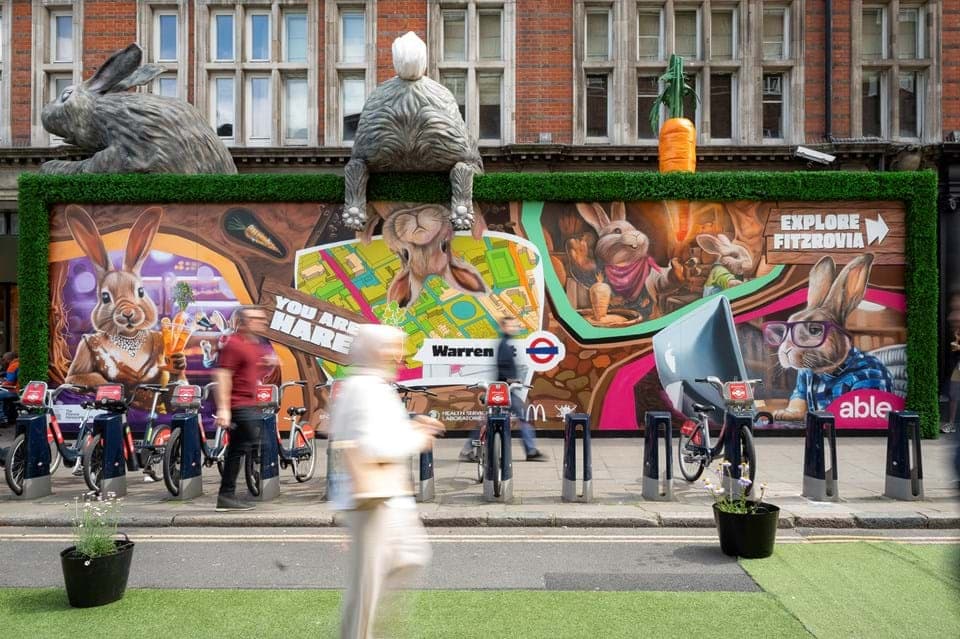
A lot has been said about the negative impact of emerging tech such as AI, what's your take on it?
Bill: It's difficult to overstate the positive impact that technology has had on architecture and the built environment.
You can now achieve with a six person team what might have needed 20 people even at the start of my career.
More design options, better visualisations, quicker better communication, less carbon, more time spent designing and less time on administration.
You can automate the things which don’t need your focus and spend more time on the things that do.
We embrace the future and actively look for ways to integrate AI into the business from meeting minutes and video editing to the testing of design ideas and communicating more clearly.
How do you see AI’s role in building smarter, more sustainable cities?
Bill: Optimisation. Dense cities are the most sustainable way to live.
But even these have huge scope for optimisation and increased efficiency.
AI has a big role to play in finding value where we may not have seen it – for optimising the use of our transport infrastructures, for ensuring that only the areas of buildings being occupied have services being pumped into them.
Learning these patterns and redeploying them at a mast scale aggregates up to big change.
What do you think is the biggest challenge you’ll face over the next five years, and what are you doing to prepare for it?
Bill: If you asked what the biggest challenges we will all face over the next 20 years I’d have said inequality, longevity (the changing age demographics), and climate change.
The biggest challenge our clients will face over the next five years is that London has many office buildings which are visibly spectacular and located in prime locations, but which are becoming increasingly unfit for use as contemporary offices.
The public mood is understandably turning away from demolition yet it’s difficult to justify major investment in refurbishments that will create compromised spaces.
Our role is work through these case by case, keeping embodied carbon where possible but also creating buildings for the future.
How do you see the future of architecture and what’s your desire for the future of the industry?
Bill: I am optimistic both about the cities of the world and the role of architecture in them.
We are seeing wider interest and scrutiny in the built environment which can only be a good thing.
More engagement means better ideas and hopefully will lead hard working creative young people to choose architecture for work. It’s inescapable that the built environment and its creation accounts for over 40% of global carbon emissions so if you want to make an impact its a great place to be.
Ben and I actively promote an open minded, inclusive and occasionally radical approach.
Architecture has a lot of learn from other industries and we see the best design teams being made from a collection of creative talents.
Our industry needs to be as open as possible to contributions from others whether these are social or technological.
How are you helping your clients to build a better future?
Bill: Our clients are conscientious, thoughtful and completely cognisant of the role that the built environment has to play in economic growth and overcoming global environmental challenges.
We have seen the shift to purpose led organisations and our clients have ambitious social and carbon targets which push the design teams to deliver the best.
Our role is not only to imagine the future in which we will live but to scrutinise the tradeoffs necessary to get there and bring everybody along with us.
‘To go fast, go alone. To go far, go together.’
To feature in our Future Confident Interview series, please email our Marketing Director Bec Peel.
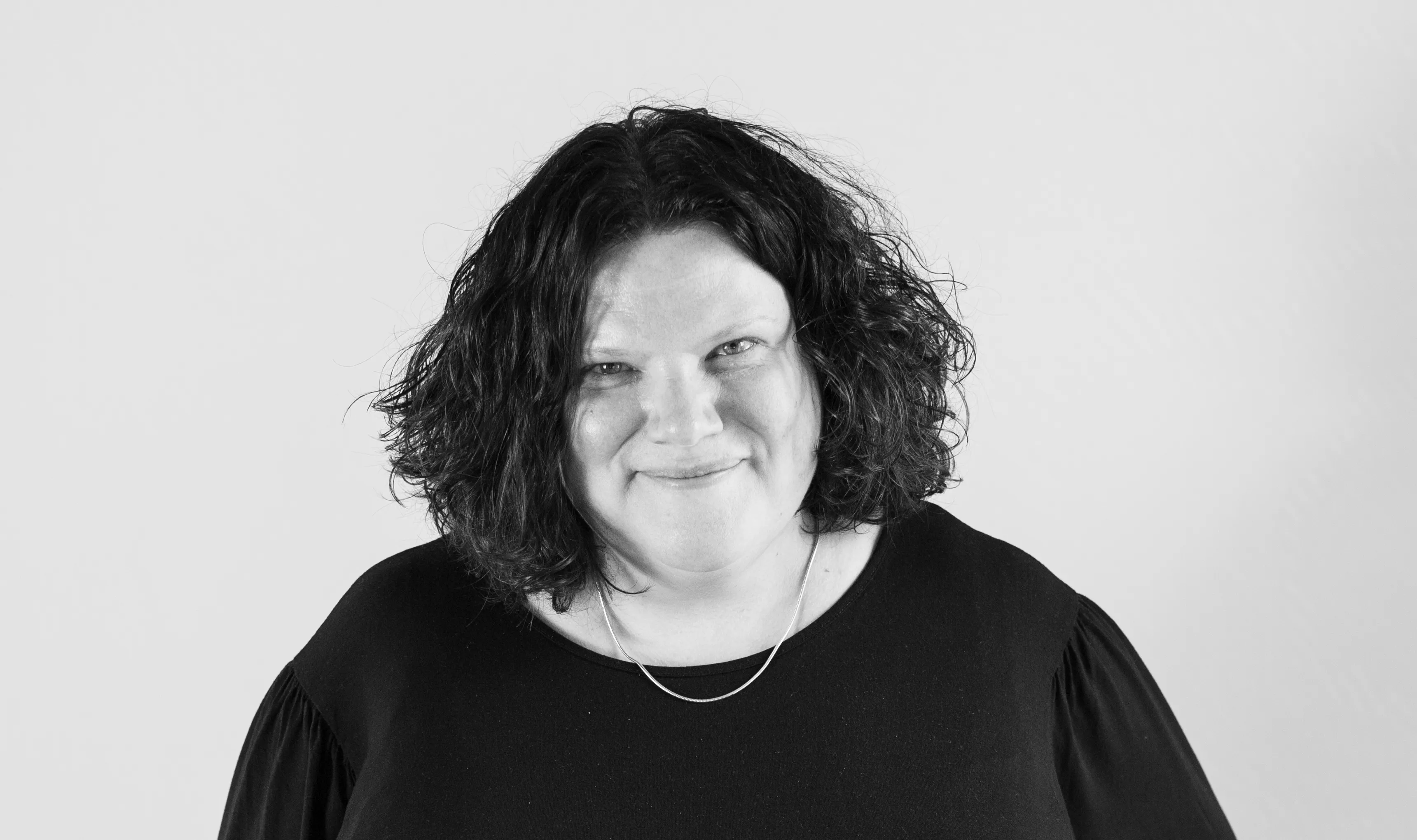
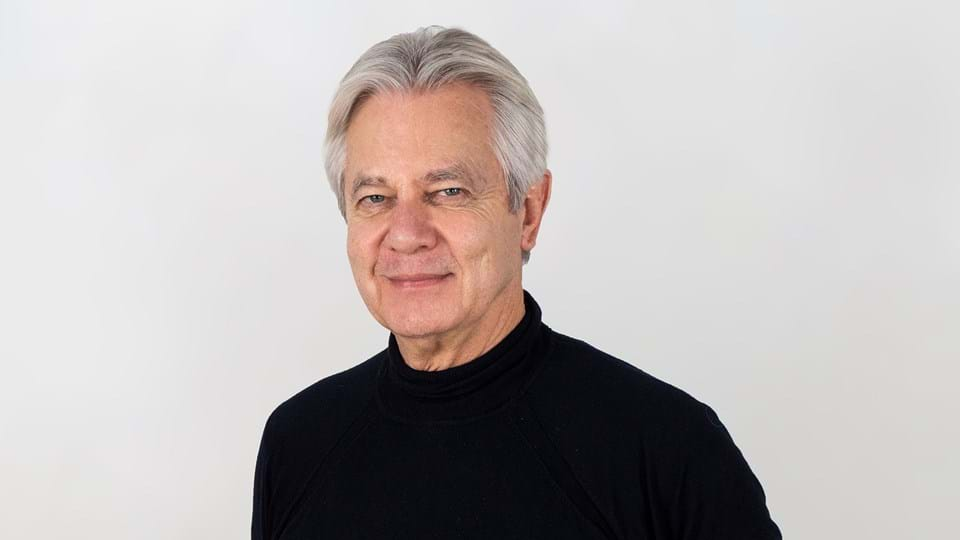
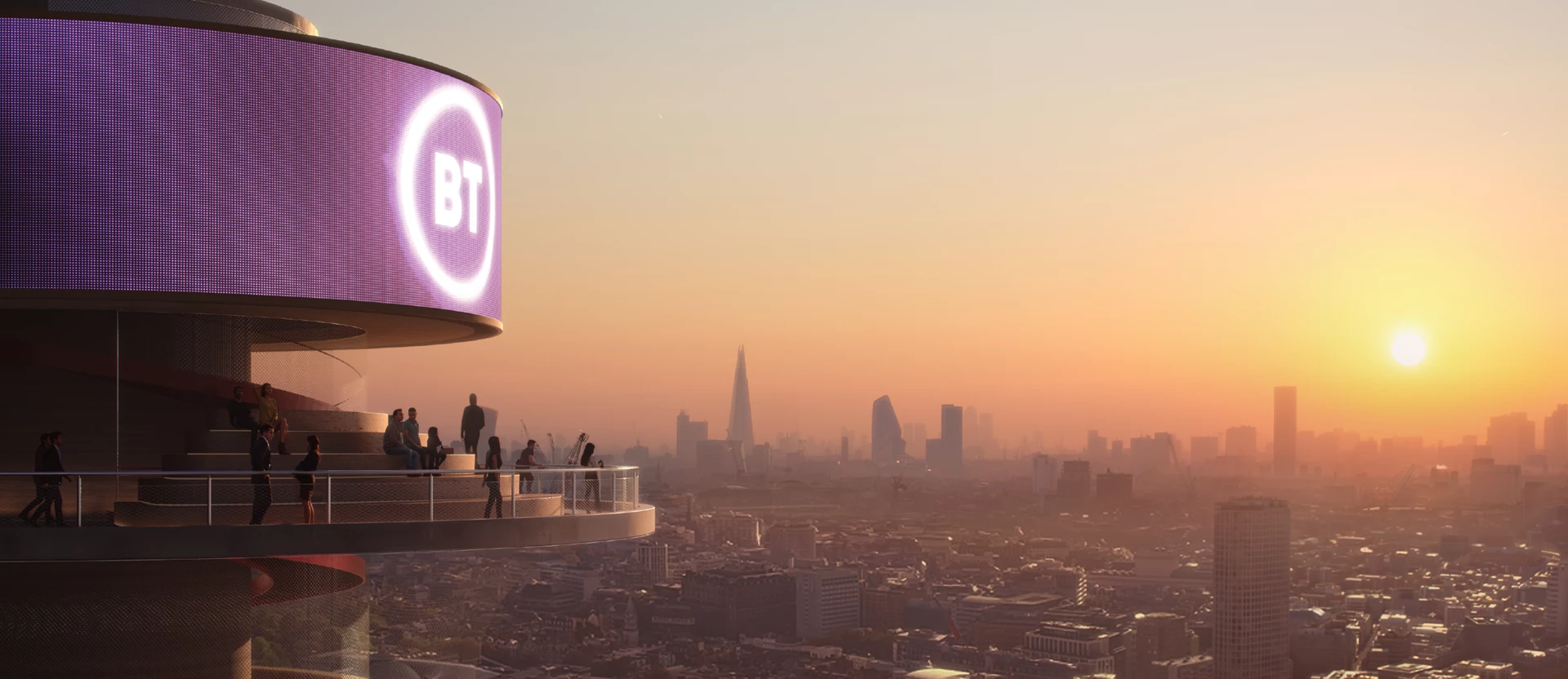
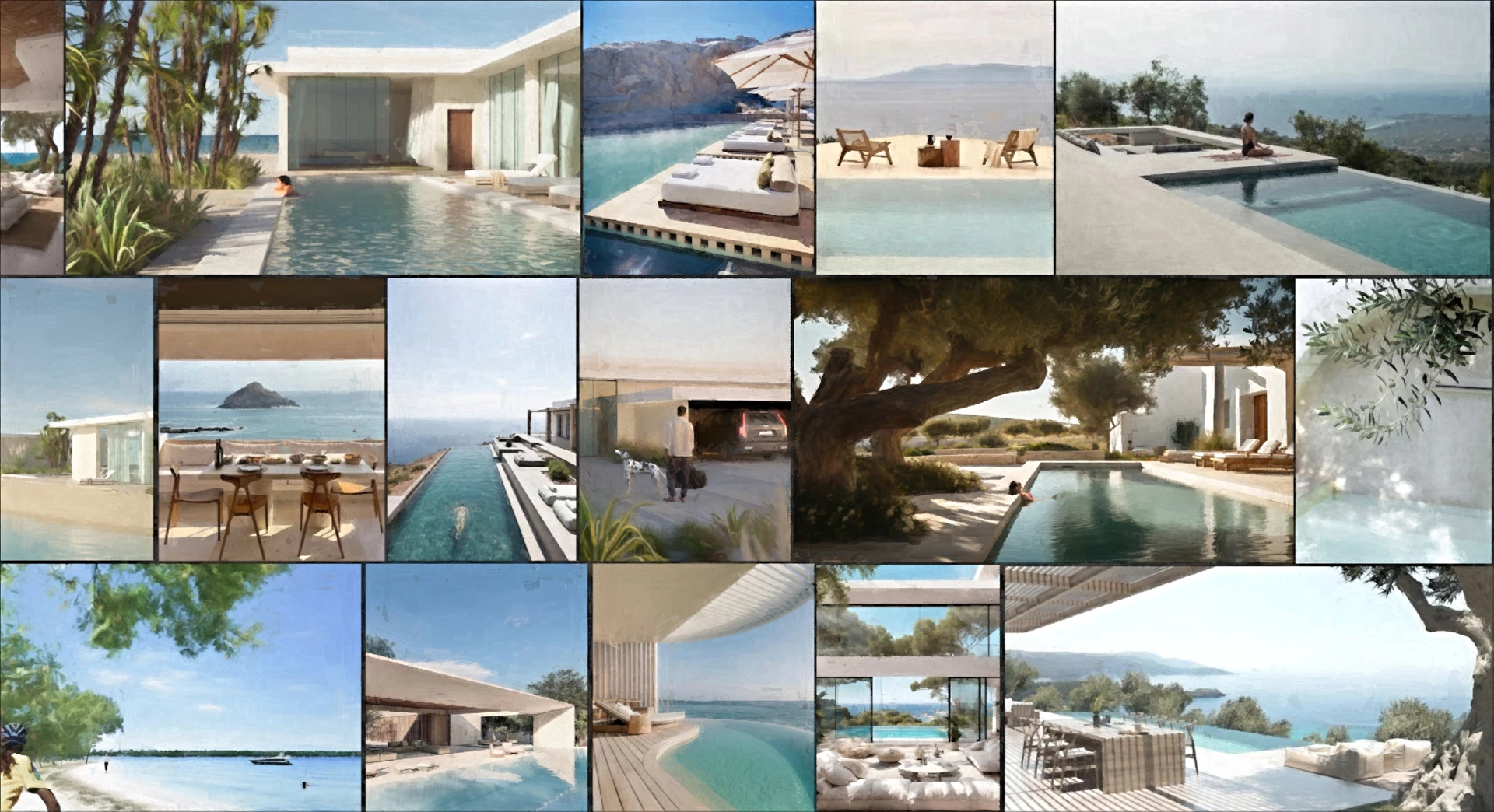

.webp)
